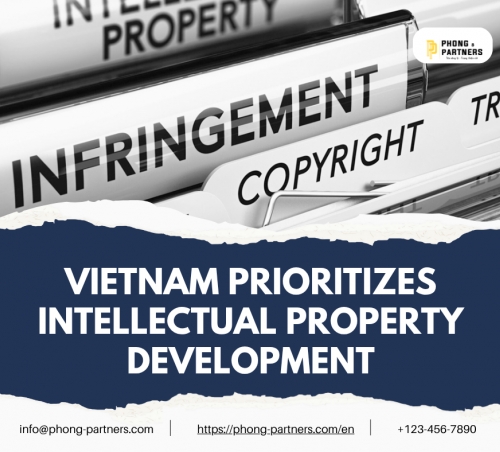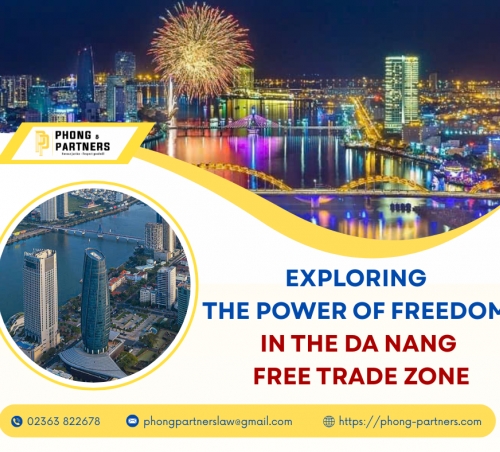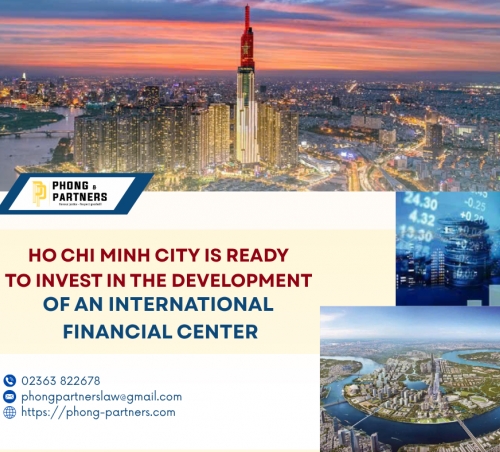The resolution on developing international financial centers in Vietnam was approved by the National Assembly on the morning of June 27, with over 93.5% of delegates voting in favor. This resolution will take effect from September 1.
Vietnam plans to develop an international financial center situated in two locations – Ho Chi Minh City and Da Nang, with a unified management orientation, the development of distinct financial products, and leveraging each city’s unique strengths.
- Accordingly, the financial center in Ho Chi Minh City will focus on developing the capital market, banking sector, money market, fintech sandboxes, financial innovation, and establishing specialized exchanges and new trading platforms.
- In Da Nang, the international financial center will focus on green finance, the application of financial technology, digital services, and more. The city will also conduct controlled trials of digital assets, cryptocurrencies, and payment systems, while attracting investment funds, remittance funds, and small and medium-sized fund management companies.
Both cities have already prepared human resources, facilities, infrastructure, and investment promotion plans with strategic and financial investors for the development and operation of the international financial centers.
The resolution introduces a range of special policies for the development of international financial centers in Vietnam. These policy groups focus on foreign exchange, banking, tax incentives, capital and financial market development, land, labor and employment, as well as controlled pilot programs for technology – enabled financial services (fintech) and innovation, development of various markets, and commodity exchanges.
For example, investment projects in the financial centers that fall under priority sectors will be allocated or leased land for up to 70 years; for other sectors, the land use term will not exceed 50 years. Foreigners working at the international financial centers will be exempt from personal income tax until the end of 2030.
The products to be offered in the financial centers include the establishment of commodity and commodity derivatives exchanges and platforms; carbon credits; cultural and artistic products; rare precious metals; green finance, and more.
New investment projects in priority sectors will be eligible a preferential corporate income tax rate of 10% for 30 years, a full exemption for up to 4 years, and a 50% tax reduction for the following 9 years. For projects outside of priority sectors, the corporate income tax rate will be 15% for 15 years, with up to 2 years of tax exemption and a 50% tax reduction for the next 4 years.
In addition, dispute resolution mechanisms for business and investment activities are a key aspect of building international financial centers. Accordingly, parties may resolve disputes through methods in accordance with Vietnamese law. They may also resolve disputes at foreign or international arbitration institutions, international arbitration centers under the international financial centers, Vietnamese arbitration centers, or courts – both foreign and Vietnamese.
In a report presented prior to the National Assembly's vote, Minister of Finance Nguyen Van Thang stated that during the drafting process of the resolution, the government anticipated potential risks involved in establishing trading platforms and exchanges, such as speculation, price manipulation, and asset bubbles. Therefore, a comprehensive legal framework will be developed, accompanied by strict and transparent supervisory mechanisms, to ensure proper oversight of transactions conducted.
He added that the government would continue to study regulations related to risk control mechanisms for capital flows, anti-money laundering measures, and flexible liquidity management tools in upcoming decrees.
Vietnam aims to establish its international financial centers by 2025 in Ho Chi Minh City and Da Nang. By 2035, Vietnam’s international financial centers are expected to rank among the top 75 in the world, and by 2045, among the top 20.
Source: https://vnexpress.net/viet-nam-se-phat-trien-trung-tam-tai-chinh-quoc-te-o-tp-hcm-da-nang-4906836.html















